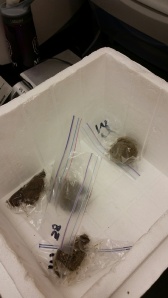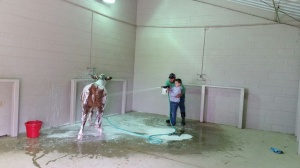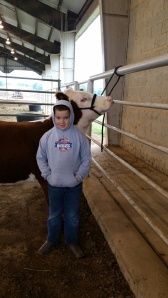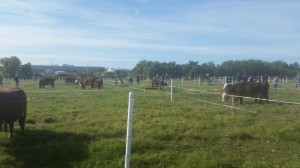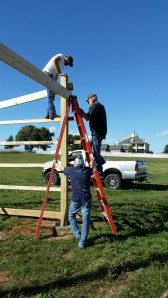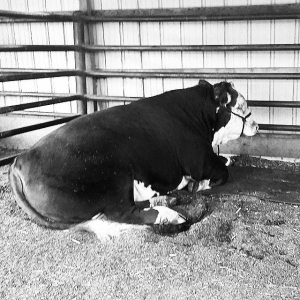Being a part of a rural community, I am often questioned about my stand on horses. If you haven’t already figured it out…I am definitely pro equine. However, the beef producers and crop farmers do not quite see to eye with me or my fellow equestrians.
It is true that we are definitely a league of our own. I mean, how many other groups of people throw money into an animal that we so often see no returns from? To help you gain an insight on how we work…I have compiled a list of thoughts that we have and how we perceive them that others may not see. As always, enjoy!
1. They have been our confidence boosters.
Not every day do we get to handle a thousand pound animal, and ask of it things that we want it to do knowing it has a mind of its own. Doing so is truly a unique feeling that many do not understand. The feeling of have a successful ride often times makes you feel as if you can accomplish anything.
“These thousand pound animals are letting us ride them, and as a kid, letting us do a number of shenanigans with them. They could seriously injure us in a matter of seconds, but they don’t.”
-Brittany Rucker
“It’s crazy how I can trust a three year old stud to take care of me, but I can’t even trust the cashier at a store to give me back the right change.”
-Jessa Haley
But the confidence boost goes even deeper as you progress. After all the hard work that you have put in builds, you often find yourself showing beginners a few ropes. Teaching others your passion solidifies your experiences, and it turn makes you glow as you realize you have reached a pivotal moment that you know enough to share with someone else.
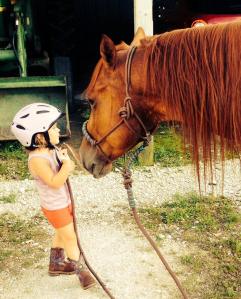
2. They are our escape from reality.
Take a moment and stop and think about all of the annoying moments that fellow humans have put you through….just today. There are rude people, people that just get on your last nerve, and those that are just set out to destroy you. Now I’ll be honest, there are horses out there that are the exact same way, but the beauty of horse ownership is that you choose to put them in your life as opposed to having to get along with them on a day to day basis.
“For me its like horses are in my life to remind me that we can’t be in control of everything, and that is ok.”
-Jessa Haley
“Horses mean life to me. They were my rock and escape when the world was too rough for me to handle.”
-Whitney Amelong
“When I’m riding I’m not worried about anything else, all my concentration is on my horse. I’m free from everyday stress.”
-Crystal LaRae
With this in mind, you seek out your equine partner to escape the world and its stresses. For a few moments, you take time out of your busy and sometimes chaotic life to care for and think about something else. Our horses seek our attention while we are with them, making this easy for us. This is truly a gift, not often do many have a hobby that genuinely allows them to reach peace at this level.
3. They are a responsibility.
For myself, having a horse to learn about, to learn from, to care for, to provide for, etc. has taught me the most about life in general. Not only do you learn the general knowledge involved and how to ride, you also learn about daily chores that an animal requires, time management, and have a financial obligation that will teach you the importance of money. The beauty of a horse in this aspect is that you seek out a horse to own and care for, as opposed to having to learn these lessons paying bills that no one looks forward to.
“My horse does cost me alot, but she has also taught me alot and I think that pays for most of it.”
-Crystal LaRae
“In rain or shine, snow or sleet, high winds or a gentle breeze, in 98 degrees or 6, We train, ride, prep and care for our horses.”
-Izzey Nanninga
“It is not about the money; however it is about what makes you happy. Horses make you happy.”
-Alison Bos

4. They have kept us out of trouble countless times.
Horse people are truly unique; we plan our life around daily chores, riding, and shows or events. We often find ourselves forgoing a social gathering on the weekend because we would rather miss the party of the year as opposed to the horse show we have been training so hard for. We also go to bed early not because we have a curfew or no social life, but because we know we have to get up those two hours earlier for feeding, stall cleaning, and turnout before we face the real world. Consequently, we also seem to band together as we all understand the same priorities. So next time you get that DWI or get grounded for missing curfew, just remember that the crazy horse girls would have kept you out of trouble!
“A wise artist aged 78 shared his fountain of youth secret with me. Your friends should always be at least 10 years younger than you are. He said it was his secret to keeping his ideas fresh, his enthusiasm robust, and his outlook positive. My equine partners have enabled me to connect with younger competitors, and force me to ride beyond even my own expectations.”
-Lynn Carbol
“A social life consisting of all sorts of horses, ponies, barn cats and farm dogs who all (sadly) hold better conversations than most humans in your life.”
-Izzey Nanninga
5. They allow us to participate in a sport….and riding truly is a sport.
Many non-horse lovers refuse to accept the art of riding as a sport. We compete, there are professionals in the face of every discipline, associations are established to monitor many aspects of the industry, and there are even horse racing and equestrian sports on the television. This may be the one and only argument we can make for financial defenses outside of a stud or selling a horse, because after all just like many other sports, there are many opportunities to win checks at upper level horse shows.
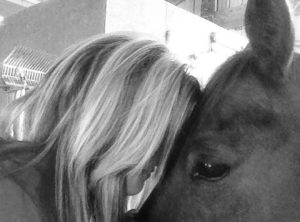
6. They have taught us that failure is simply a part of the process.
We all have good days and bad days, and so do our horses. Just because we have won several shows in the past doesn’t mean they will always win in the future. But in our defense, failure happens in every aspect of our lives. If you do not fail, then ironically you are not doing something right. After all, our most valuable lessons have often been taught through embarrassment of being wrong. But the unique thing when dealing with a horse, they are often very honest. A large majority of accidents or mistakes are often the result of rider error, forcing us to take the brunt of the liability of failure and forcing us to work that much harder.
“When you fall, you always get back up. You never quit when you fail.”
-Crystal LaRae
7. They keep you humble, in more ways than one.
It is often said that you are not truly a rider until you have fallen off 7 times. As fellow riders we have all been there! We know how it feels to go over the top of your horse at a jump refusal, to be taken by surprise when your horse spooks out on the trail, and being unseated during a quick cut after your horse makes a great effort to beat a calf. Whatever your situations that you relate through, you learn to simply remount and try again and often in good spirits since no one likes a sore loser.
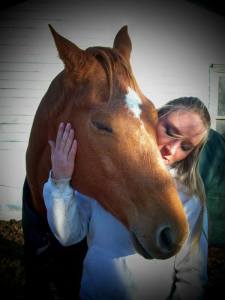
8. They take the necessity of patience to a whole new level.
There is a very apparent language barrier between our horses and us. With this in mind, we are forced to find alternative ways of communication to train and handle our horses. And even better yet, each and every individual horse learns differently just as we do. A responsive horse may learn after a couple repetitive cues, others take a couple days. But as equestrians, we are able to achieve communication skills that many others do not ever have the chance to understand because they only ever surround themselves with fellow humans.
“You can’t rush them, it just takes repetition.”
-Crystal LaRae
9. They teach you to multi-task.
This is the ultimate reaction I look for when teaching my new beginner riders. I often start with individual aspects of the importance of body position in riding, and 9 times out of 10 when all aspects are grouped together they are amazed with how many things they must remember while riding. From keeping your heels down, to sitting up straight, to looking where you are going, and not falling into your corners, it is certainly not as easy as it looks. As equestrians, we learn to make the not so seemingly easy task of riding look graceful. Very few things in life can accomplish both of those individual aspects in one overall task.
“It is a constant learning experience when dealing with horses. Even if it is a horse you ride every day, they always seem to do things that you learn from. You know what they like, what they don’t like. What they understand and what they don’t understand. You know just how far you can push them. How do we know these things? Horses teach us.”
-Alison Bos
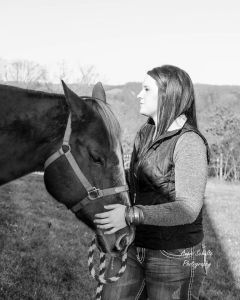
10. They teach you to be responsible for your actions.
Your horse not only acts how you let it, but they also look like how you manage and maintain it. This creates a reflection back upon yourself, if your horse is not up to your standard then there is not anyone left to blame but yourself. This is important as our horses mean so much to us, forcing us to constantly work towards our mounts. As soon as we quit trying, then our lack of effort soon catches up with us.
“My horse reflects me, and my training. And my actions reflect who I am to the world.”
-Crystal LaRae
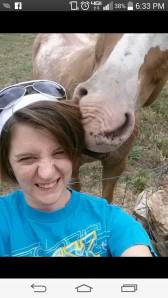
In a crazy way, we are crazy in our way…but yet so much better off than many others in the world. I owe so much to my horses, with the variety of lessons I have been taught throughout the years. Even though my viewpoints with my involvement in the agriculture world may not be the same as many others in different aspects, I have still managed to learn many of the big picture lessons that others have…..just did so through different experiences. We are definitely a league of our own, but we don’t think the way that we do or do the things that we do for no reason. I hope that my non-equestrian readers now see a few viewpoints from our perspective, and thanks again to my wonderful friends and followers for sharing yet again!
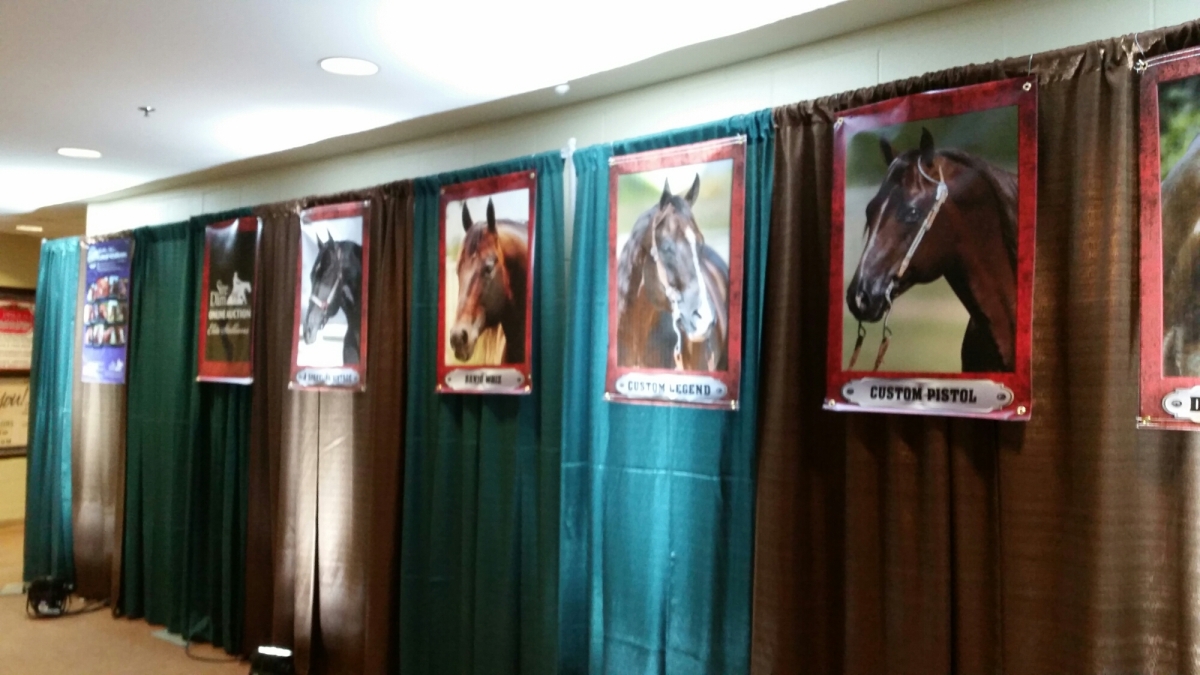

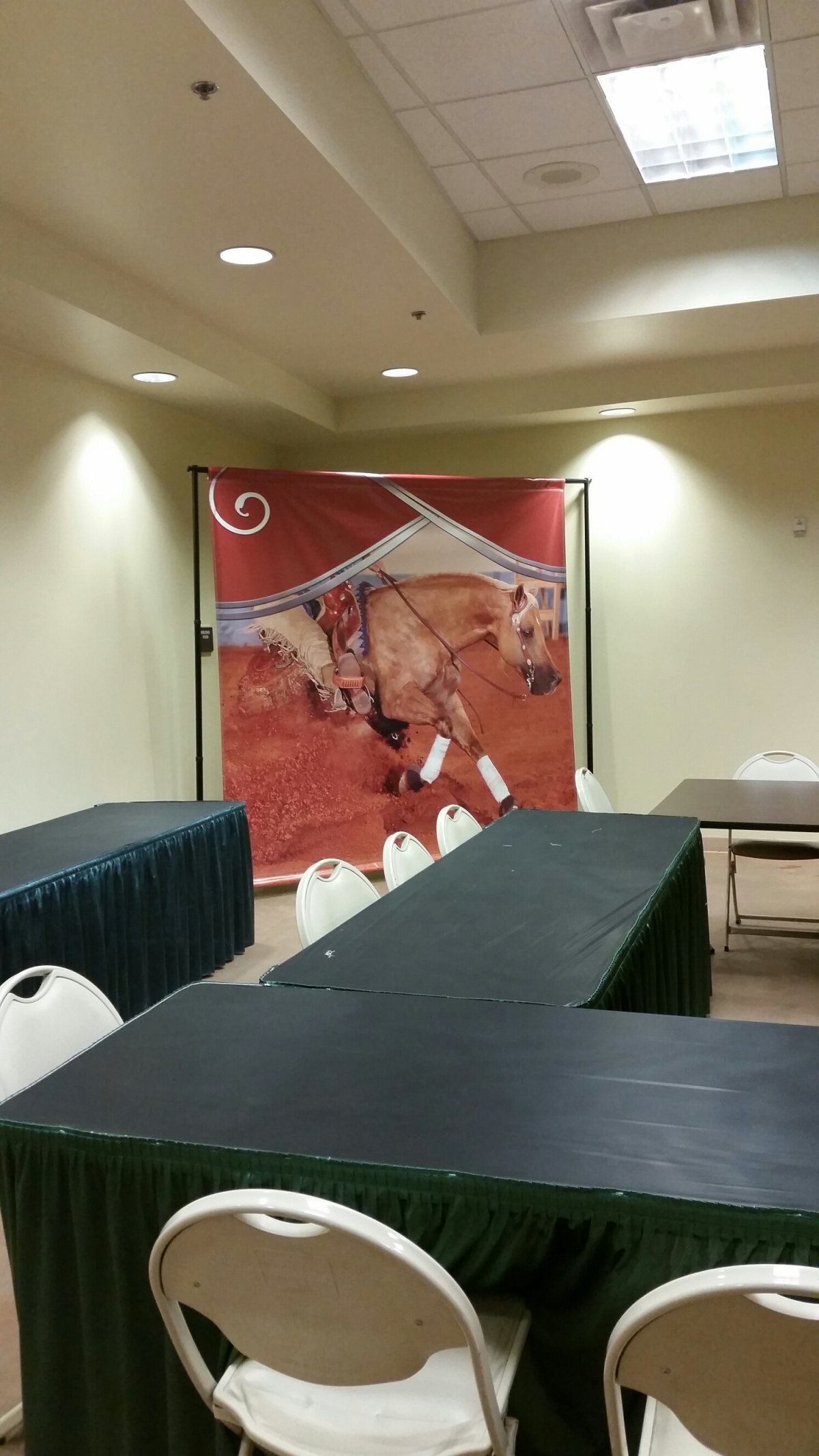








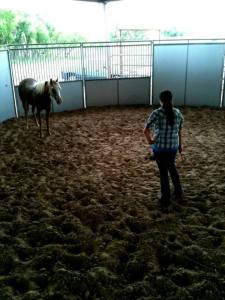


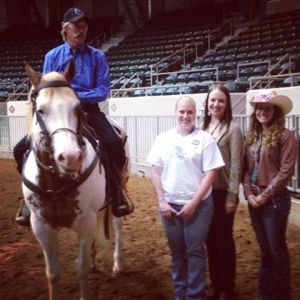



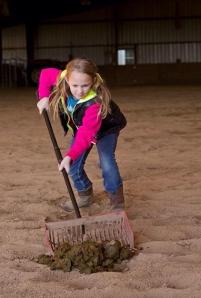
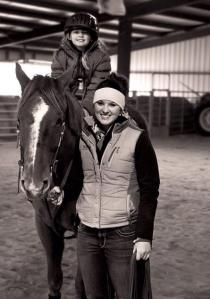
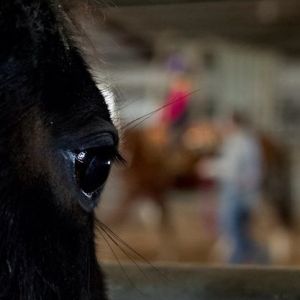
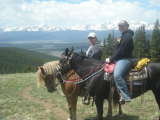

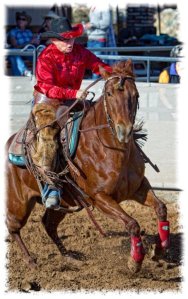
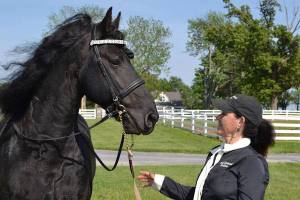
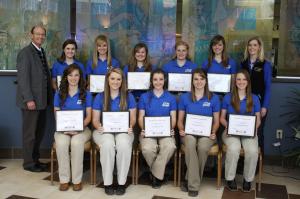
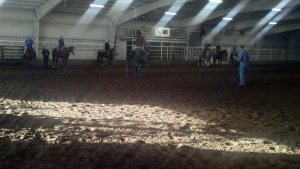
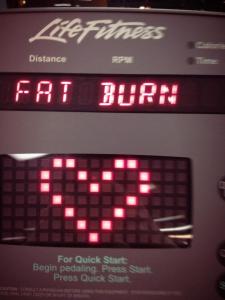
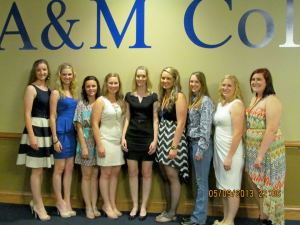


 As I eluded to in my previous post, I am now hear to reveal yet another project I have been working on! For the past couple of weeks, I have been helping a good friend of mine and newly acquired grad student, Ms. Cassie O’Hara. To start off with, I recently had an informal interview with Cassie herself, asking a few questions about her project and allowing her to shed some insight on what she has been cooking up in the lab.
As I eluded to in my previous post, I am now hear to reveal yet another project I have been working on! For the past couple of weeks, I have been helping a good friend of mine and newly acquired grad student, Ms. Cassie O’Hara. To start off with, I recently had an informal interview with Cassie herself, asking a few questions about her project and allowing her to shed some insight on what she has been cooking up in the lab.